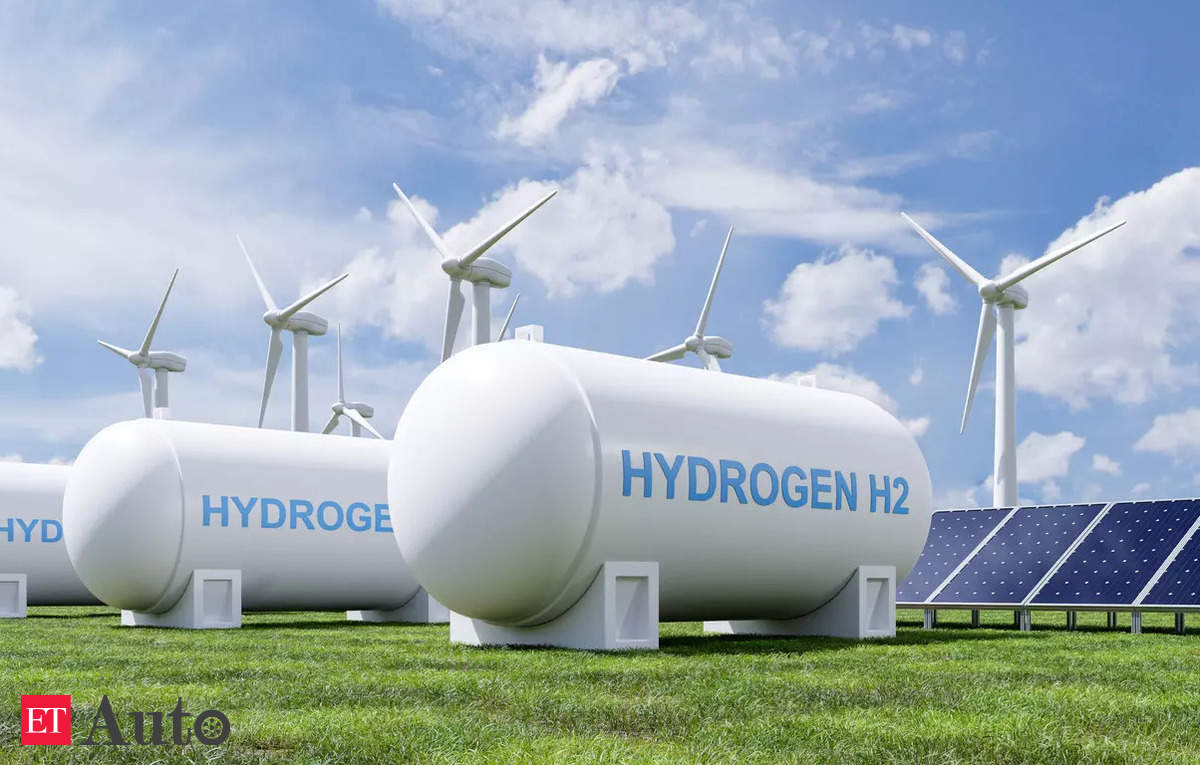Revolutionizing Hydrogen Fuel Cell Stacks with Advanced Analytical Technology
Key Ideas
- A research team in South Korea has developed a novel method to analyze the microstructure of carbon fibre paper, a critical component of hydrogen fuel cell stacks, using AI and X-ray technology.
- The technology allows for rapid analysis, 100 times faster than current methods, providing real-time condition diagnosis without the need for an electron microscope.
- By training an AI model with 5,000 images from 200 samples, the team achieved over 98% accuracy in predicting the distribution of carbon fibre paper components like carbon fibers, binders, and coatings.
- Dr. Chi-Young Jung highlighted the significance of this innovation in advancing analysis technology and its potential applications in fields beyond hydrogen fuel cells, such as secondary batteries and water electrolysis.
A research team led by Dr. Chi-Young Jung at the Hydrogen Research and Demonstration Center, Korea Institute of Energy Research (KIER), has made significant strides in the analysis of carbon fibre paper, a crucial element in hydrogen fuel cell stacks. By leveraging digital twin technology and artificial intelligence (AI), the team developed a methodology that accelerates microstructure analysis by 100 times compared to conventional techniques. This breakthrough allows for prompt condition assessment in hydrogen fuel cell components without relying on electron microscopy, enhancing efficiency and accuracy. Through the utilization of X-ray tomography and AI-based image learning, the researchers extracted and analyzed 5,000 images from a vast sample pool, training the AI model to accurately predict the 3D distribution and arrangement of carbon fibre paper constituents. Achieving an impressive accuracy rate of over 98%, this innovation signifies a significant leap in material analysis techniques. Dr. Jung emphasized the practical implications of this advancement, foreseeing its applicability not only in hydrogen fuel cells but also in diverse fields like secondary batteries and water electrolysis. The study, published in the journal Applied Energy, underscores the potential of AI-driven analytical tools to revolutionize energy material research and development.
